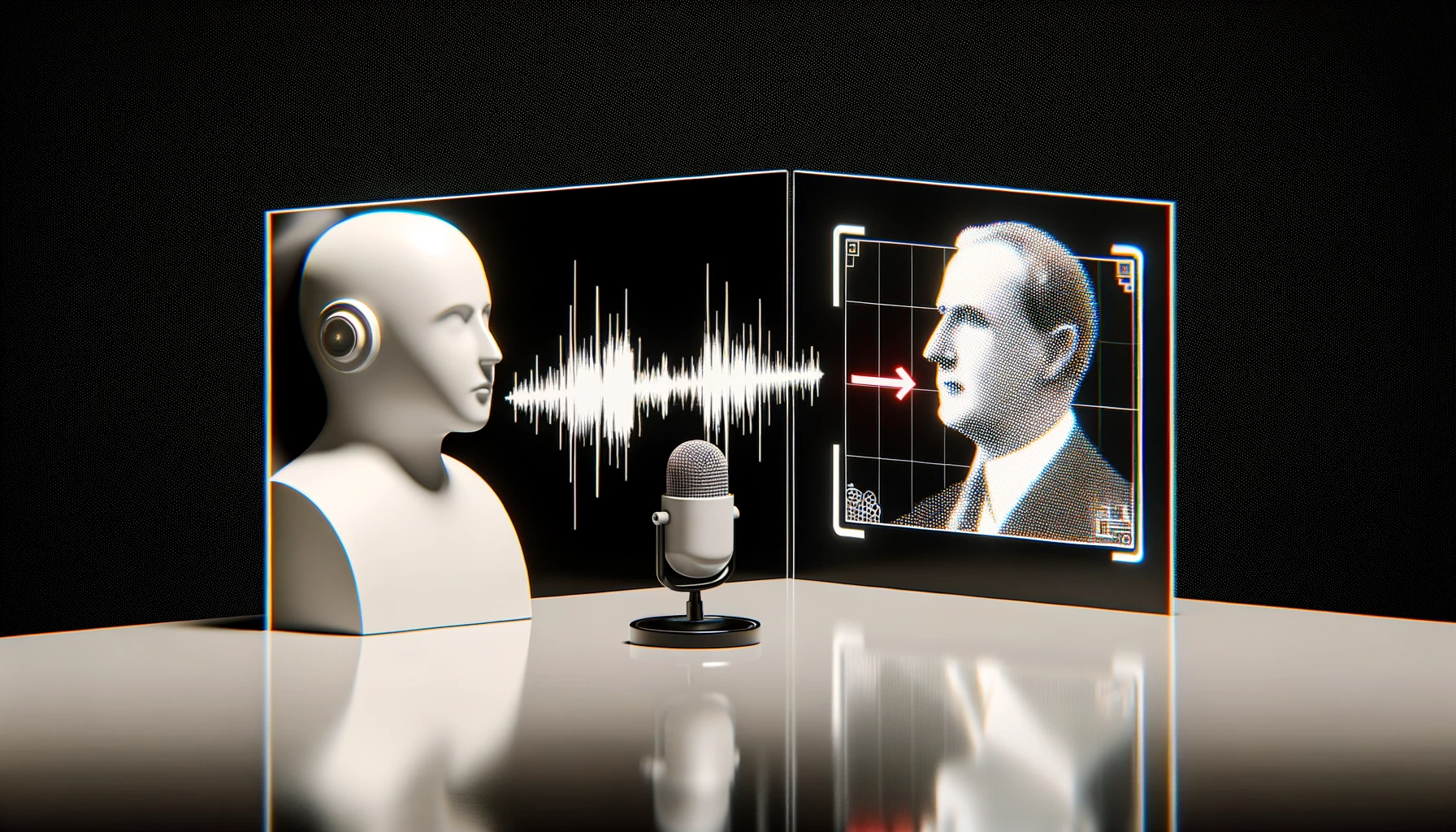Voice cloning technology continues to advance, posing significant ethical and security concerns, particularly in the political arena. A recent investigation by TechCrunch revealed just how simple it is to clone the voices of political figures, raising alarms about potential misuse and the need for regulatory measures.
Growing Concerns Over Voice Cloning
TechCrunch’s report, published on May 31, 2024, demonstrated the startling ease with which voices of prominent political figures can be replicated. Using commercially available software and minimal audio samples, the investigation successfully cloned the voices of several high-profile politicians. The experiment underscores the accessibility and sophistication of voice cloning tools, which are becoming more user-friendly and affordable.
The implications of this technology are profound. Politicians’ voices could be manipulated to create fake statements, potentially influencing public opinion and election outcomes. This scenario is not merely hypothetical; instances of deepfake videos and audio clips have already surfaced, causing confusion and mistrust among the public.
The Technology Behind Voice Cloning
Voice cloning technology leverages advanced machine learning algorithms to analyze and replicate the unique vocal patterns of an individual. Key components include:
- Speech Synthesis: Converts text into spoken words using a digital voice model.
- Deep Learning Models: Analyze extensive audio samples to capture the nuances of a person’s voice.
- AI Training: Requires minimal input—sometimes as little as a few minutes of clear audio—to create a highly accurate voice clone.
While the technology has legitimate applications, such as in personalized digital assistants and restoring the voices of individuals who have lost their ability to speak, its potential for misuse is significant.
Ethical and Security Implications
The ethical and security concerns surrounding voice cloning are multifaceted. From my point of view, the primary risks include:
- Misinformation: Cloned voices could be used to spread false information or fake news, undermining public trust in media and political institutions.
- Fraud and Impersonation: Criminals could exploit voice cloning to deceive individuals and organizations, leading to financial and reputational damage.
- Privacy Invasion: Unauthorized cloning of voices infringes on personal privacy and can lead to legal and ethical violations.
Regulatory bodies and tech companies must collaborate to establish guidelines and safeguards. This could involve developing detection tools to identify cloned voices, setting legal frameworks to penalize misuse, and raising public awareness about the technology’s capabilities and risks.
The Path Forward
As I see it, the rapid advancement of voice cloning technology necessitates a proactive approach to mitigate potential harms. Several measures can be taken:
- Regulation and Legislation: Governments should enact laws specifically addressing the misuse of voice cloning technology, ensuring there are clear penalties for those who engage in deceptive practices.
- Technological Countermeasures: Development of AI tools to detect cloned voices in real-time can help prevent the dissemination of fake audio.
- Public Awareness Campaigns: Educating the public about the existence and risks of voice cloning can help individuals critically evaluate the authenticity of audio content.
- Ethical Standards: The tech industry should establish and adhere to ethical standards for the development and use of voice cloning technology.
In conclusion, while voice cloning technology offers innovative possibilities, its potential for misuse poses significant challenges that must be addressed through a combination of regulation, technological innovation, and public education. The ease with which political figures’ voices can be cloned serves as a stark reminder of the urgent need to safeguard our digital landscape against manipulation and deception.






